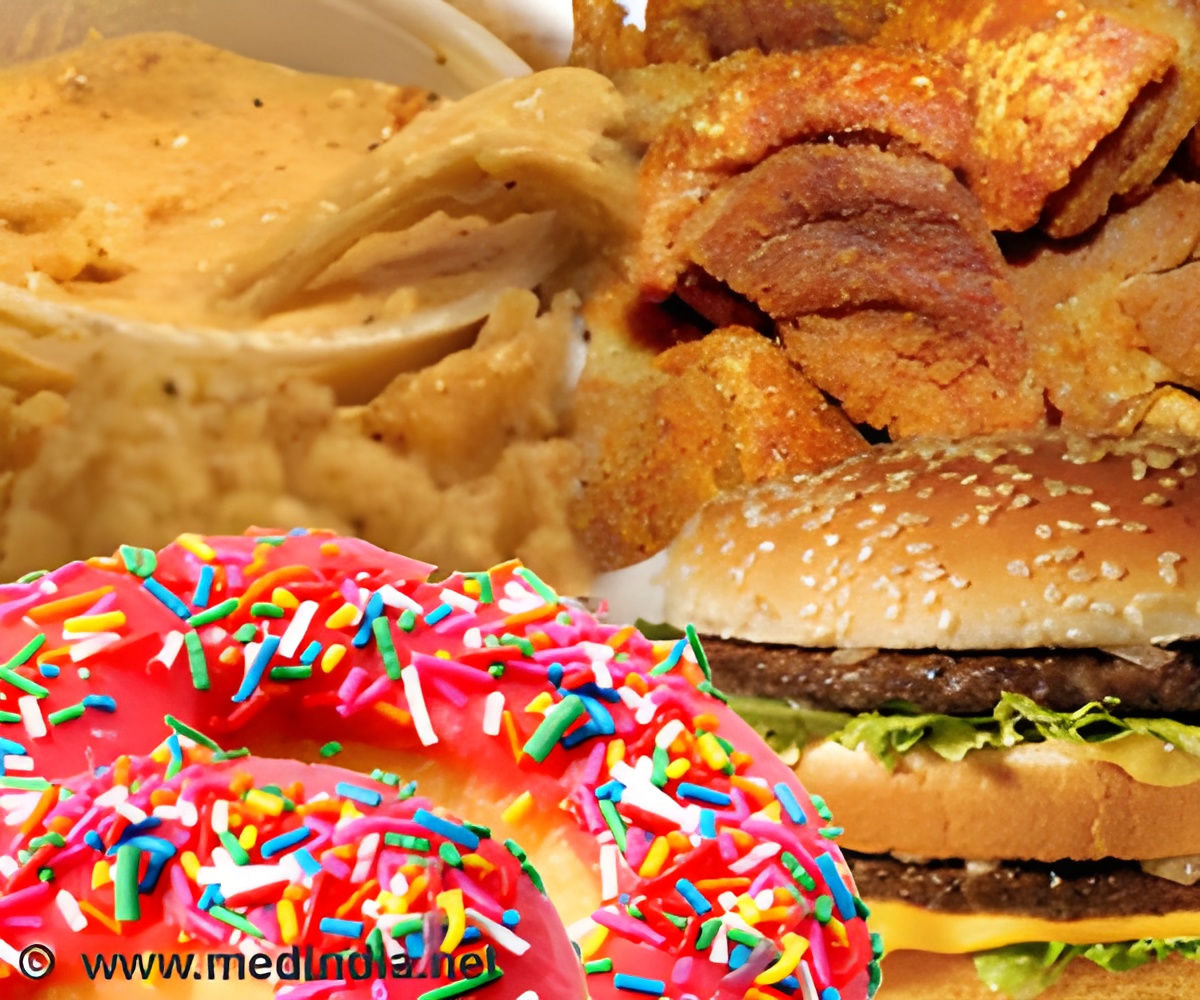People on a high-fat diet experience changes in the brain which can bring about a cycle of poor dieting and depression.

Scientists believe that abandoning a calorie-rich diet including sugary and fatty foods can trigger chemical changes in the brain that make people enter a vicious cycle of poor eating and depression.
Researchers at the University of Montreal draw a similarity between going on a diet and drug withdrawal symptoms. The researchers studied the brain of mice fed on high-fat, high-sugar diet and found that the neurochemistry of these mice were different from those mice that were fed on a healthy diet. They discovered that the changed diet brought chemical changes that were linked to depression and increased sensitivity towards stressful events, bringing about a tendency to eat poorly.
One group of mice was fed on a low-fat diet and another group was fed a high-fat diet for over six weeks. There was only 11 per cent of fat in the low-fat diet while the high-fat diet had 58 percent fats. The mice were then monitored for changes in emotions and behavior that were brought about by the different food types.
Results showed that the waist size of the second group, which was not yet obese, increased by 11 per cent. It was found that the brain of the mice fed on high-fat diet had altered and that they exhibited signs of anxiety- related behavior, such as avoiding open areas.
“The chemicals changed by the diet are associated with depression. A change of diet then causes withdrawal symptoms and a greater sensitivity to stressful situations, launching a vicious cycle of poor eating,” said Dr Stephanie Fulton, the co-researcher of this study.
The study provides fodder for thought regarding the link between food, emotions and behavior, and prompts us to be more understanding towards those involved in the battle of bulge.














